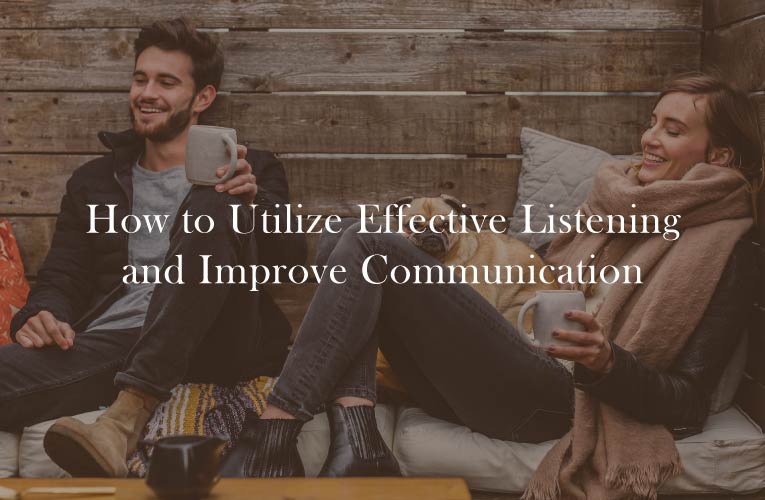Clinical psychologist, Dr. Les Parrot, and his wife Leslie, a marriage and family therapist, developed a complete marriage program for today’s couple. In their book, “Saving Your Marriage Before It Starts,” they discuss the myths of marriage and how to deal with common relationship issues, such as communication and conflict resolution. The book even discusses financial success, a healthy sex life and the ways to create a lasting love. I highly recommend adding this book to your summer reading list, whether you are engaged or have been married for several years.
In an interview with Dr. Les and Leslie Parrot, they said that the most common two myths are that everything good will get better and everything bad with disappear once you’re married. Couples believe that marriage is a relationship’s rose-colored glasses. These issues are the least talked about, which causes the most difficulty in a new marriage (Knoth “Saving a Marriage Before it Starts” 2017).
The best thing a couple can do for their marriage is learn effective communication skills. When communication stops, so does the marriage. In The Marriage Course Manual, it states that “effective communication involves allowing our husband or wife to talk about their feelings.”
The listener should summarize what the talker has said, then the listener should carefully mirror what the talker has said to show that they empathize with their partner’s feelings.
Listening can be a tough thing to grasp, as we are often thinking about the next thing we are going to say. A couple must learn this skill to grow a healthy foundation for communication.
The Marriage Course Manual lists out 5 effective principles for effective listening:
- Pay attention and do not interrupt.
Allow your partner to finish what they are saying. The average individual listens for only 17 seconds before interrupting. Maintain eye contact and focus on your partner. Put the cell phone away! - Put yourself in your partner’s shoes.
Put your opinions to the side and try to empathize what your partner is feeling. This takes patience and compassion on the part of the listener. - Acknowledge their feelings.
When you have listened, reflect what you heard without deflection or interpretation. Carefully summarize the main facts with the same feelings as your partner. - Find out what is most important.
Ask your partner about the most important detail in what they were saying. Once they have spoken, reflect what you heard. - Help your partner determine what they might do.
Ask your partner if there is anything you can do to help them with what they have said. Give your partner time to think quietly, and again, reflect what you heard. This enables your partner to hear their own decision.
You can learn more about the myths of a happily-ever-after marriage here: The Divine Conspiracy
Knoth, Darla. “Saving a Marriage Before It Starts.” Influence Magazine, 2 Jan. 2017, influencemagazine.com/practice/saving-a-marriage-before-it-starts.

